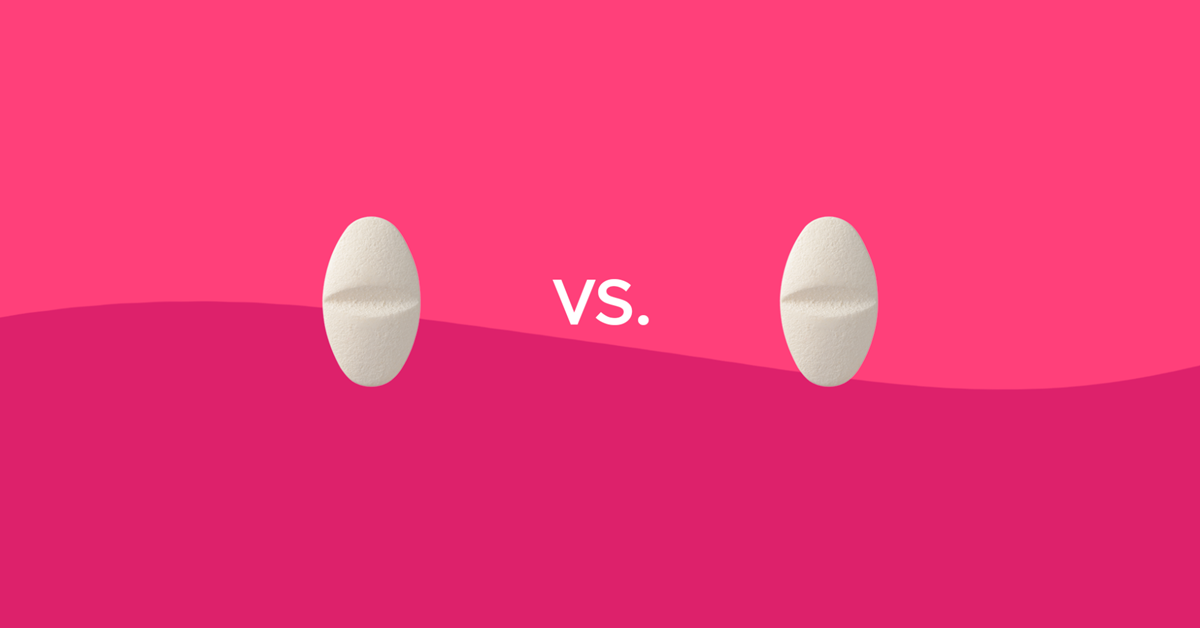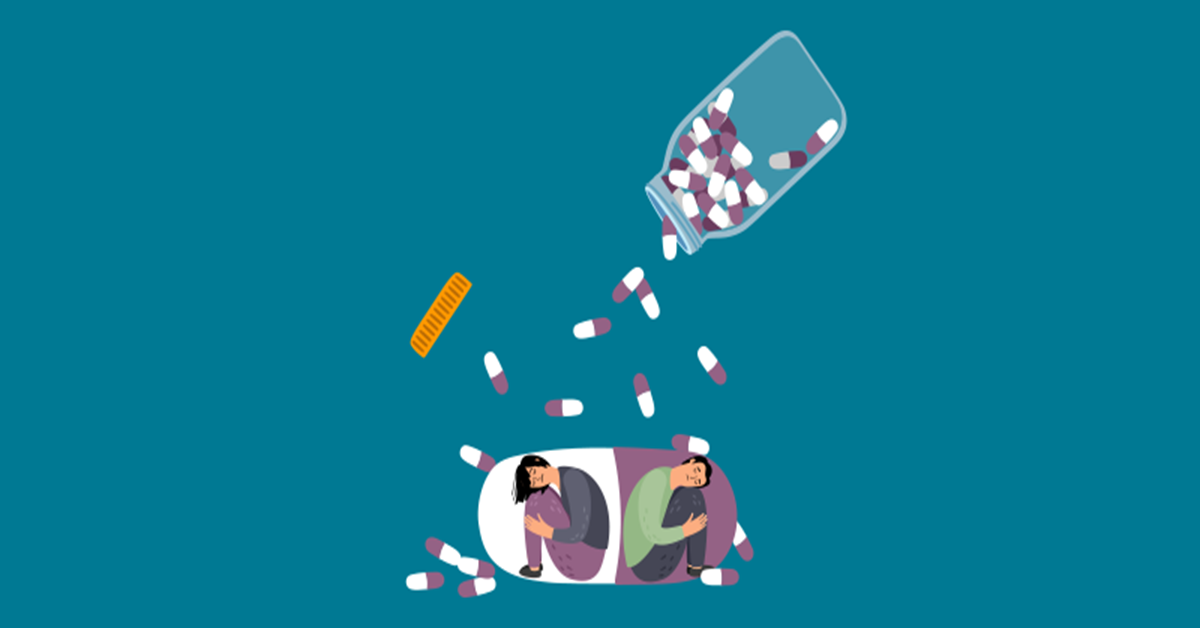Understanding Depression and Treatment Options
Depression is a prevalent mental health condition affecting millions worldwide. It manifests through persistent sadness, loss of interest in activities, and changes in appetite and sleep patterns. For those seeking treatment, medications like Brexpiprazole and Sertraline offer viable options. However, determining which is the best medication requires a nuanced understanding of their mechanisms, benefits, and potential side effects.
What is Brexpiprazole?
Brexpiprazole belongs to the class of atypical antipsychotics and works by rebalancing dopamine and serotonin levels in the brain. Approved by the FDA in 2015, it is primarily prescribed for schizophrenia and as an adjunctive treatment for major depressive disorder (MDD). Its mechanism involves partial agonism at serotonin 5-HT1A and dopamine D2 receptors, which can alleviate depressive symptoms.
Benefits and Considerations of Brexpiprazole
One of the significant advantages of Brexpiprazole is its efficacy in treating both depressive and psychotic symptoms, making it suitable for patients with comorbid conditions like schizophrenia and depression. Studies indicate it can improve overall mood and cognitive functions in individuals struggling with treatment-resistant depression (TRD).
However, Brexpiprazole is not without potential side effects. Common ones include nausea, dizziness, and weight gain. More severe side effects, albeit rare, may include neuroleptic malignant syndrome (NMS) or tardive dyskinesia, requiring careful monitoring during treatment.
What is Sertraline?
Sertraline, classified as a selective serotonin reuptake inhibitor (SSRI), is widely prescribed for depression and anxiety disorders. Approved in 1991, it works by increasing serotonin levels in the brain, thereby enhancing mood and reducing symptoms of depression. Its efficacy and tolerability have made it a first-line treatment for many individuals with MDD.
Benefits and Considerations of Sertraline
Sertraline is favored for its relatively mild side effect profile compared to older antidepressants. It is generally well-tolerated and can alleviate symptoms of depression, anxiety, and obsessive-compulsive disorder (OCD). Its long-standing use in clinical practice underscores its effectiveness in managing various forms of depressive disorders.
However, like all SSRIs, Sertraline may cause side effects such as insomnia, sexual dysfunction, and gastrointestinal disturbances. Some patients may also experience withdrawal symptoms if the medication is discontinued abruptly.
Choosing Between Brexpiprazole and Sertraline
The choice between Brexpiprazole and Sertraline depends on several factors:
- Symptom Profile: Brexpiprazole may be preferred for individuals with severe depression or treatment-resistant cases due to its dual action on dopamine and serotonin receptors.
- Comorbid Conditions: If a patient has both depression and psychotic features (such as in schizophrenia), Brexpiprazole might be more appropriate.
- Side Effect Profile: Sertraline may be chosen for its generally milder side effects, especially in patients sensitive to antipsychotic medications.
Conclusion: Tailoring Treatment to Individual Needs
In conclusion, whether Brexpiprazole or Sertraline is the best medication for depression depends on individual circumstances. Factors such as symptom severity, comorbidities, and tolerance to potential side effects play crucial roles in treatment decisions. Consulting with a healthcare provider is essential to determine the most suitable medication based on a comprehensive evaluation of the patient’s medical history and current condition.
Both medications offer distinct advantages in managing depression, underscoring the importance of personalized treatment plans in mental health care. By understanding their mechanisms, benefits, and considerations, patients and healthcare providers can collaboratively decide on the most effective and tolerable treatment regimen, ultimately aiming for improved quality of life and symptom relief.
In conclusion, while Brexpiprazole and Sertraline represent different approaches to treating depression, each has its merits depending on the individual patient’s needs. A balanced consideration of efficacy, side effects, and patient-specific factors is crucial in determining the optimal medication for managing depressive symptoms effectively.










